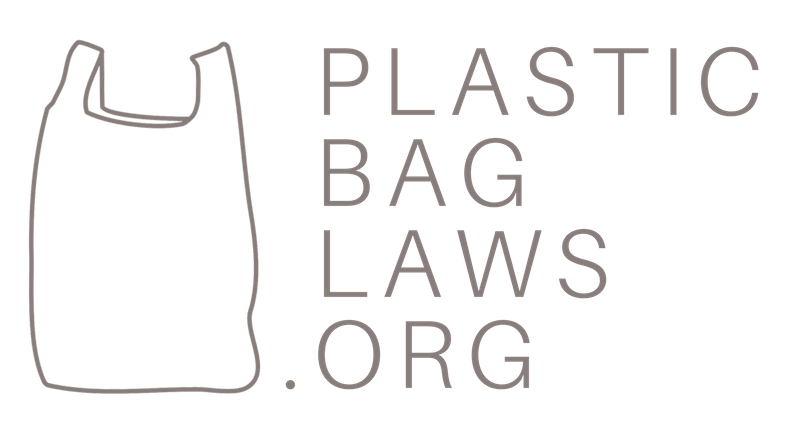Recent "Study" Relating E.coli Infections To Plastic Bag Bans Is Misguided
Jennie R. Romer, Atlantic region director of the Clean Seas Coalition and founder of plasticbaglaws.org, was recently interviewed in a Huffington Post article regarding a recent study by UPenn's Institute for Law and Economics entitled "Grocery Bag Bans and Foodborne Illness." The study related a spike in San Francisco hospital emergency room treatment due to E. coli infection to SF's plastic bag ban. Romer insists that the study's assertions are "completely ridiculous and unfounded." Below are additional thoughts from Romer regarding the study:
First, the time period that the study covers is not relevant because the ban was only in effect for less than half of the study period. The study finds that increased deaths related to E. coli infections are due to SF’s bag ban simply by comparing ER visits from 4th quarter 2007 to 3rd quarter 2007. However, the 2007 ban didn’t go into effect until November 20th of that year (at about 50 supermarkets), so the time period is not meaningful. Second, and more importantly, no significant increase in reusable bag use in San Francisco was recorded during that time period - so this data would not be relevant in showing that reusable bags had anything to do with the increase.
This is just another example of plastics industry groups grasping at straws to use PR campaigns to fight against plastic bag ordinances.
In a strikingly similar move, in 2010, the American Chemistry Council (a plastics industry group) funded a similar study by a University of Arizona professor that was debunked by consumer reports – so these tactics are not new.
Reusable bags, just like any other consumer product, should be washed when they are dirty. As people become more accustomed to using reusable bags this idea will become more commonplace.
Lastly, I consult with cities on writing plastic bag ordinances and one of the things that I focus on is the reusable bag definition - and I make sure that reusable bags covered under these ordinances are capable of being cleaned and disinfected, and I push for a machine washability requirement whenever possible.
